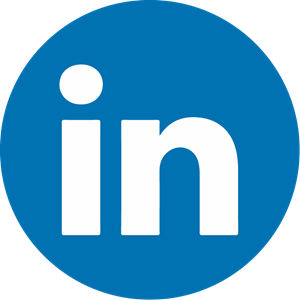Albion Marine Solutions is pleased to share that we successfully participated in INMEX SMM 2025, one of the leading international exhibitions and conferences for the maritime industry. The event served as a dynamic platform to connect with global stakeholders, showcase innovations, and exchange insights on the future of sustainable shipping.
Our Managing Director, Mr. Prabhu Palanivelu, represented Albion Marine Solutions and engaged with industry leaders, clients, and partners. The event provided a valuable opportunity to highlight our expanding expertise in:
- 3D Laser Scanning & Engineering Design
- Ballast Water Treatment Systems (BWTS) Services
- NOx-SCR and Emission Control Testing
- Energy Saving Devices
- Procurement and Technical Support Solutions
Through our participation, we strengthened existing relationships and explored new collaborations, further positioning Albion Marine Solutions as a trusted partner for compliance, innovation, and sustainability in the maritime sector.
 |
 |






